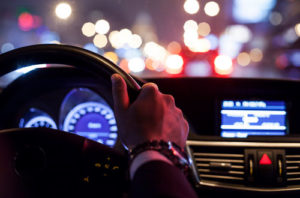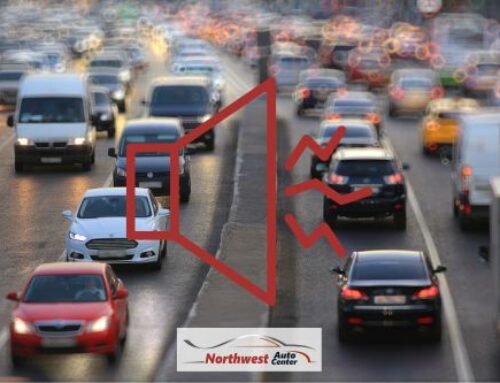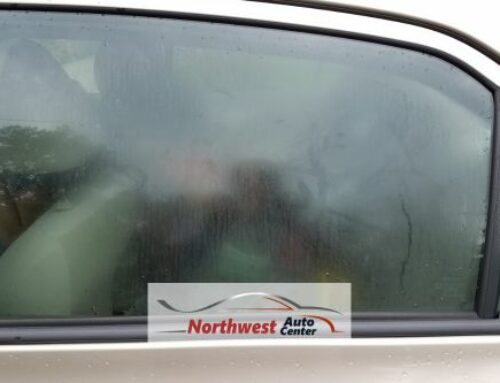The seasons are changing. This also means you should be thinking about how this affects your car and your driving.
Now that it becomes darker earlier than in the summer months, we find ourselves driving in the dark more often. It’s true that it’s more dangerous than driving in the daytime. Even if you are a good driver, there are always new tips that you might find useful when driving after the sun goes down.

7 Safety Tips for Driving in the Dark
1. Use Your Headlights
You should be using your headlights as soon as the sun starts to set. But, when was the last time that you checked to make sure they were operating correctly?
A burned-out headlight looks more like a motorcycle than a car to other on the road. It could confuse other drivers and put you in danger.
It may also be tempting to drive with your high beams on because you can see better. However, this is far more dangerous for everyone on the road. You could be the cause of a collision.
2. Be Alert
Just because it seems like you are the only one on the road doesn’t mean there’s isn’t any risks. Wildlife and drunk drivers are a significant danger when driving in the city or the countryside.
Did you know that Fall is when there are the most vehicle collisions with wildlife? Most of these accidents occur between dusk and midnight. If you live in an area outside of town, it’s important to watch out for deer and other wildlife.
There’s an easy way to spot wildlife on the medium or the sides of the road. Their eyes will reflect your headlights. Make sure to pay close attention to this sign to tell if there’s wildlife close by.
This also goes for morning drives. Depending on the time of the year, you could be driving in the dark on your way to work. Make sure to pay attention to your surroundings, including the other drivers heading to the office.
3. Slow Down
Slowing down is an easy way to avoid issues while driving in the dark. Operating at a lower speed can also help you remain calm and levelheaded. When you choose to drive slower, you have more time to react to other drivers around you.
4. Be Responsible
Being responsible includes many tips. Avoid using your phone while driving at night. Don’t drink a drive. Always keep a safe distance between you and the car in front of you. Make sure to get enough rest before long road trips. The Holidays are approaching.
It’s important to get enough rest before a long road trip. And, there’s no shame in deciding to pull over for the night or a nap if you realize that you are starting to get tired.
These tips include teens too. Did you know that there’s a curfew for teenagers in Texas? It’s illegal for teens under the age of 18 to be driving around after 11 pm during the weekdays and after 12 am during the weekends?
5. Dim Your Car’s Interior Lights
The most important thing about driving at night is your vision. You don’t want to be distracted by the lights inside your car. One great tip to prevent this is to dim your interior lights. This includes your cluster gauge and your stereo.
Each car comes with the option to dim these lights. You might not notice how distracting they can be. Next time you’re in your car at night, take notice of how bright the dashboard lights are. You might be surprised.
6. Clean Your Windshield
It’s evident that your windshield will be dirty. A dirty windshield can create a more significant glare from other cars’ headlights. As you pass other drivers in the night, windshield streaked with mud and rain can be distracting.
Clean your windshield and get rid of the dirty spots and streaks. You’ll be glad you did.
7. Get a Regular Eye Exam
Our last tip for driving in the dark also works as a life tip. Regular eye exams are a good idea in general. However, it can mean a big difference for your driving performance.
When was the last time you had an eye exam? This could mean a massive difference with your ability to perceive distance. This could mean judging the distance between you and the car in front of you.
Our eyes act differently in the dark. It’s possible that you don’t need glasses during the day but may need them to drive at night. Or, perhaps your doctor will suggest a different prescription for you at night that’s different than your prescription during the day.
Staying safe on the road, especially while driving at night, doesn’t just help you — it helps everyone around you. And since we share the road with you, e also recommend reviewing some of our other general safety tips on driving during any time of the day.






Leave A Comment
You must be logged in to post a comment.